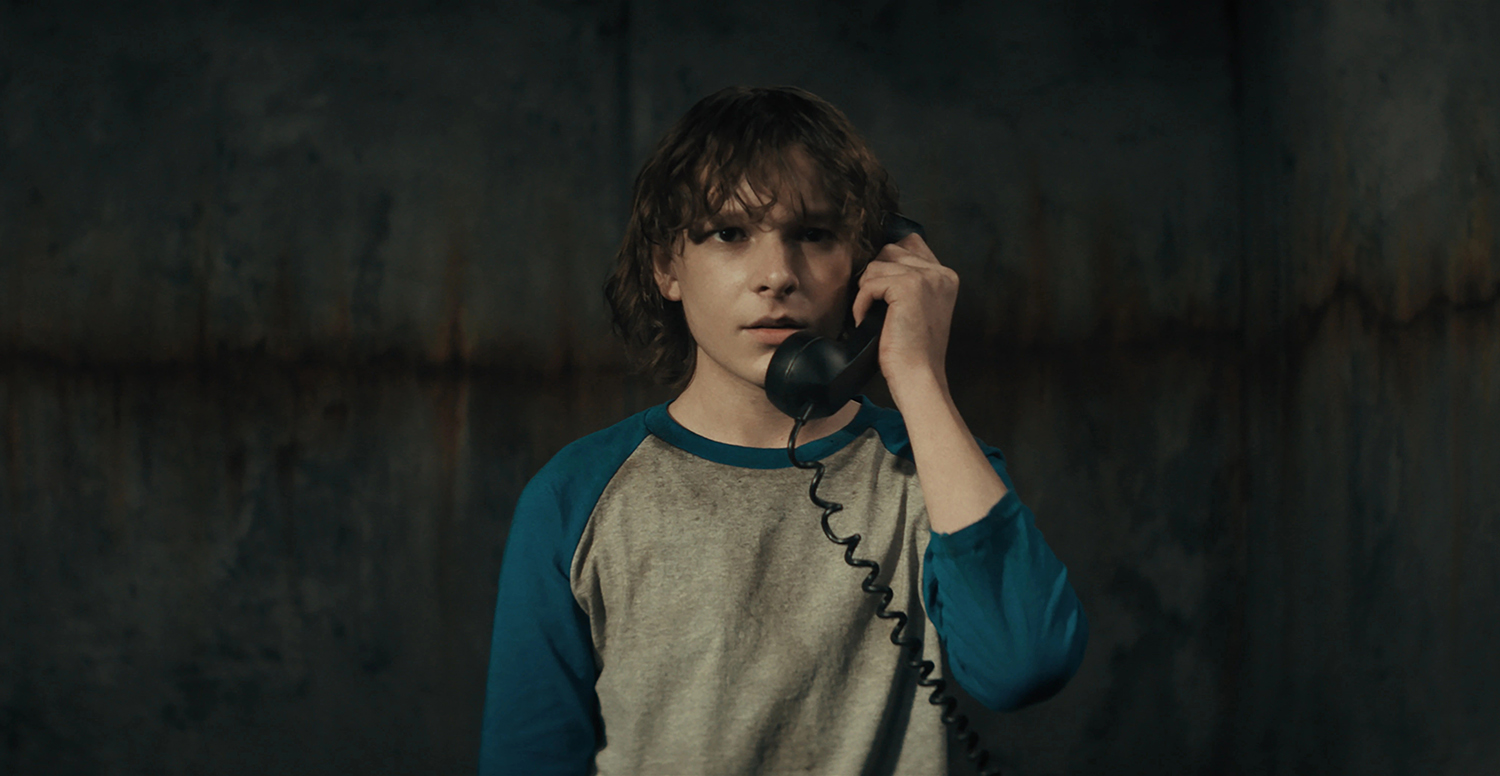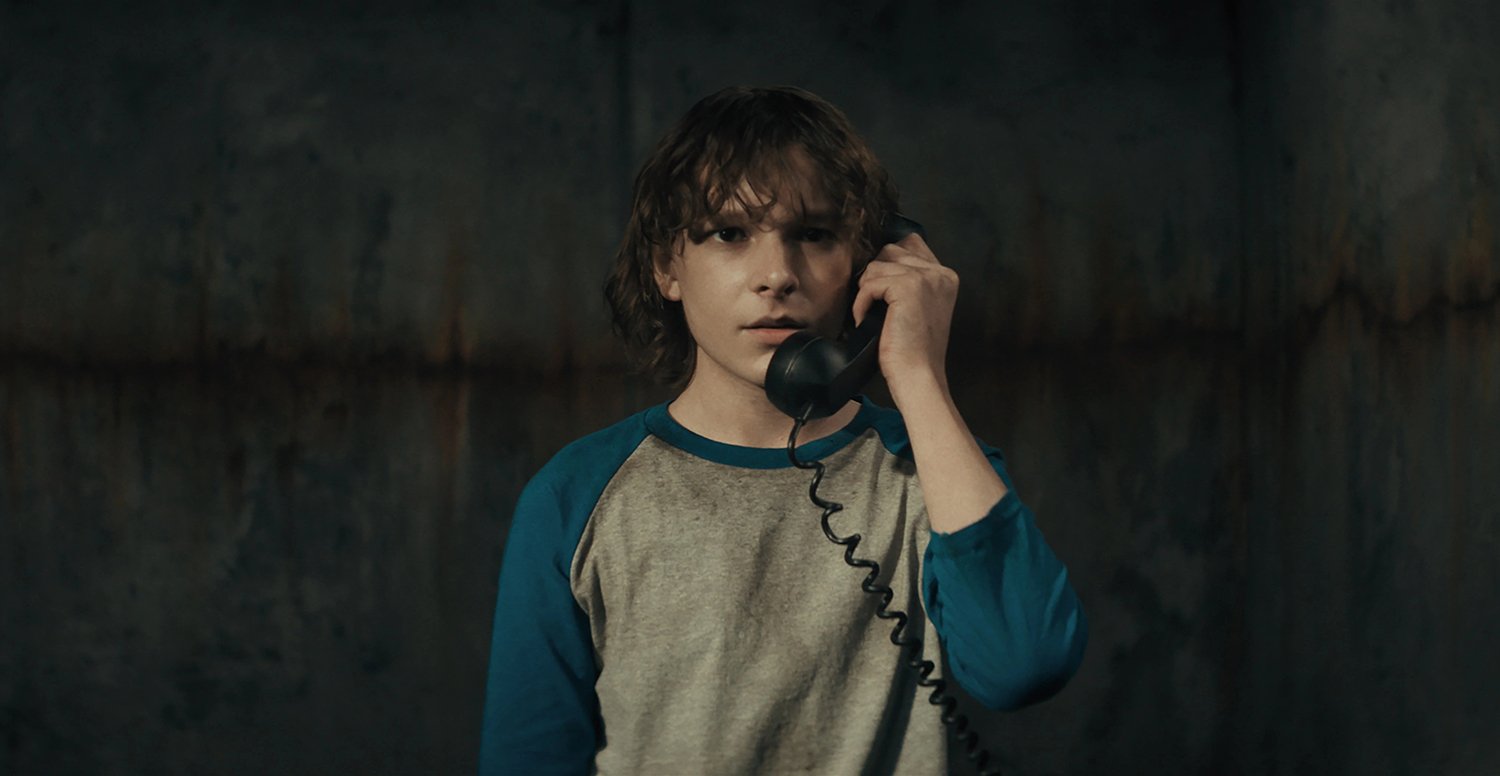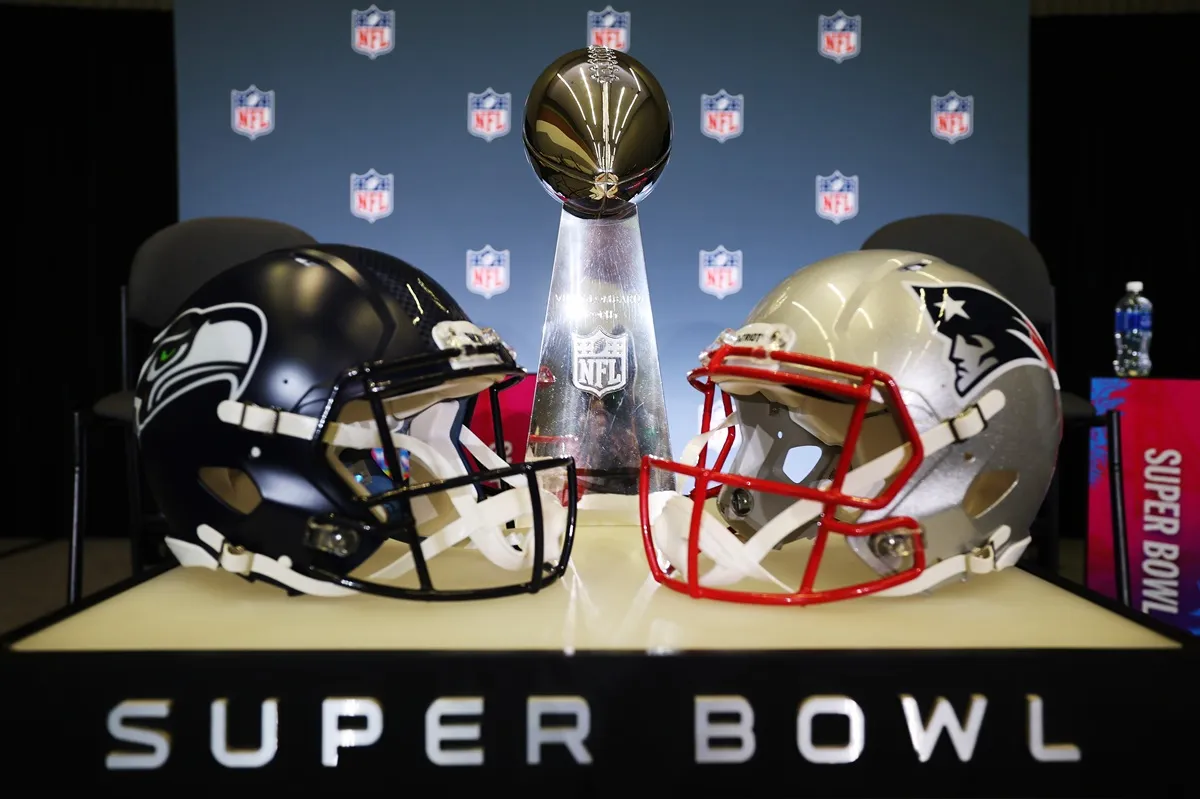
Is ‘The Black Phone’ Based on a True Story?
Scott Derrickson’s The Black Phone has received rave reviews from audiences and critics alike. The terrifying serial killer horror movie knows exactly how to keep viewers in suspense from start to finish. But is it all fictional, or did The Grabber once threaten a real-life neighborhood? Here’s what’s true and what’s not about the story of The Black Phone.

‘The Black Phone’ is an adaptation of Joe Hill’s short story
The Black Phone follows Finney Shaw (Mason Thames), a 13-year-old boy living in a Denver suburb in 1978. A child serial killer known as The Grabber (Ethan Hawke) has been abducting young boys in the neighborhood, and Finney becomes the latest target. The Grabber kidnaps Finney and brings him to a soundproof basement.
Just as Finney is about to accept his fate, a call comes in from a disconnected black phone hanging on the wall. On the other end of the line is one of The Grabber’s dead victims. He gives Finney advice on how to escape the room. Soon, Finney receives calls from other victims, who are determined to help Finney survive. It’s up to him to break The Grabber’s sinister cycle.
Horror author Joe Hill, the son of Stephen King, wrote and published The Black Phone as a short story in 2004. The story’s villain was never a real serial killer. However, Hill recently told Vanity Fair that he took inspiration from “notorious child killers” like John Wayne Gacy.
‘The Black Phone’ director Scott Derrickson took inspiration from his childhood experiences
For the most part, Derrickson’s movie adaptation of The Black Phone remains true to the short story. However, the screenwriter and director needed to expand the story to make it fit a full-length film. So, Derrickson pulled from his own childhood to create Finney’s backstory: He lives with a young sister and an alcoholic father and often experiences bullying.
“I grew up in an area of North Denver that was pretty violent, a lot of bullying, a lot of fighting, a lot of kids were bleeding all the time, Derrickson told news.com.au.
Derrickson even recalled a time when his next-door neighbor told him their mother had been murdered.
“It was also right after Ted Bundy had come through Colorado, killing people,” he continued. “And the Manson murders had just happened. … There was a lot of domestic violence, even in my own home and in the homes of a lot of these kids that I knew. Parents punished children much more aggressively, and so it was a very violent, scary kind of place to grow up in a lot of ways. And I tried to bring that environment realistically into the movie.”
Scott Derrickson wanted the horror movie to be ‘grounded in actual reality’ despite its supernatural elements
The Black Phone leans into the supernatural with visions of beaten ghosts as The Grabber’s victims call Finney. However, Derrickson told IGN that it was more important to establish reality before diving into ghost sightings.
“My general approach is the more that I can ground something in actual reality, the more that I can make an audience feel like characters in an environment are realistic, the more they are willing to accept the realism of the paranormal or the supernatural when you start to introduce it,” Derrickson explained. “And the way you introduce it is really important. If you can get them to accept a story as being a grounded and realistic one and then ease in the paranormal or the supernatural, they go with it.”
The Black Phone is now playing in theaters.


